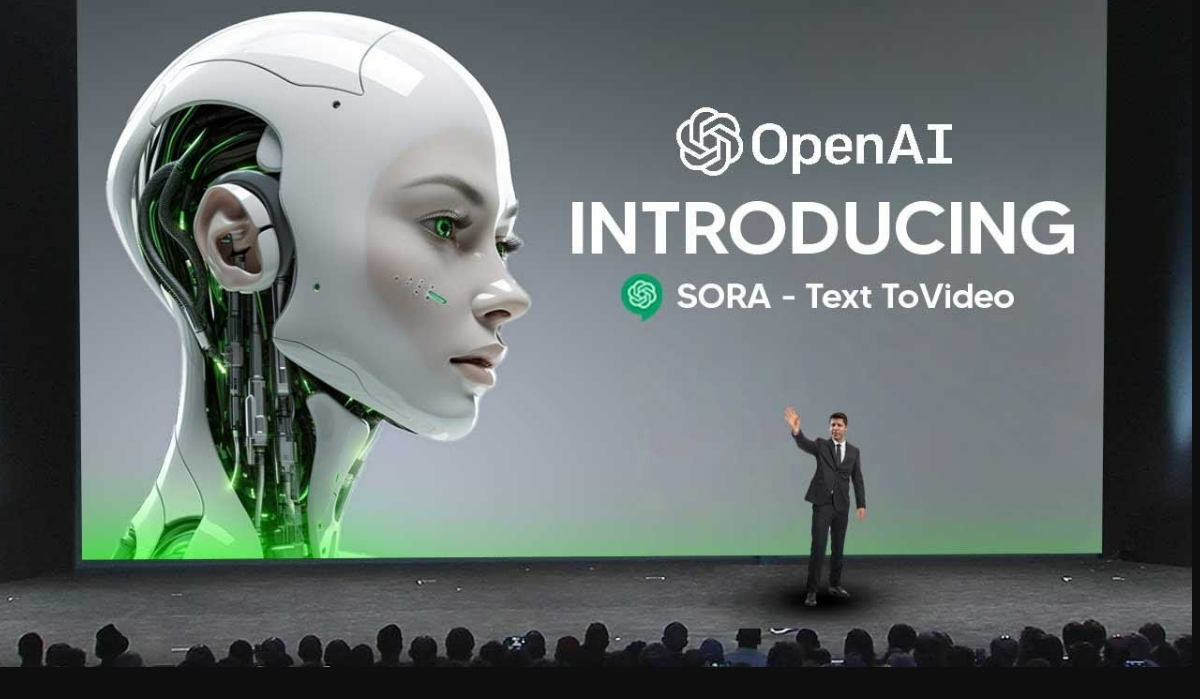OpenAI has officially launched Sora, its groundbreaking text-to-video AI model, as part of the company’s ongoing “12 Days of Ship-mas” event. Sora is available at Sora.com for ChatGPT subscribers in the United States and many other countries. The release includes an enhanced version called Sora Turbo, which offers features like video generation from text prompts, animation of images, and video remixing.
For Pro subscribers, the $200 monthly plan allows for up to 500 priority videos in 1080p resolution with durations of up to 20 seconds, along with unlimited video generations in a lower-priority mode. Pro users also benefit from the ability to download watermark-free videos and run up to five simultaneous generations.
The initial announcement of Sora came in February, and content creator Marques Brownlee, also known as MKBHD, confirmed its launch earlier today through a preview showcasing his experience with the tool. The Storyboard feature allows users to craft sequences of videos from multiple prompts, while tools like Remix and Blend enable customization of Sora’s outputs and the combination of two video scenes. Additionally, users can convert still images into videos.

OpenAI has implemented safeguards to prevent misuse of the platform Before uploading any media, users must confirm that it does not contain explicit material, copyrighted works, or depictions of individuals under 18 years old.
Rohan Sahai, Sora’s product lead, addressed concerns about moderation during the livestream, emphasizing OpenAI’s commitment to preventing misuse while encouraging creativity. “We know striking the right balance will be a challenge, especially as a high-profile company like OpenAI,” Sahai noted.
Even without a ChatGPTsubscription, anyone can browse the platform to view Sora’s community-generated videos. However, the rollout to regions such as Europe and the UK may face delays. OpenAI CEO Sam Altman indicated that availability in these areas could take more time.
This release follows recent controversy involving a group of artists who leaked details about Sora in protest. The artists alleged they were used as part of OpenAI’s alpha testing program for what they described as “uncompensated research and promotion.”
Despite the challenges, OpenAI remains optimistic about Sora’s potential to inspire creators and transform how video content is produced.




.png)
.jpg)
.jpg)
.jpg)
.png)
.png)
.png)